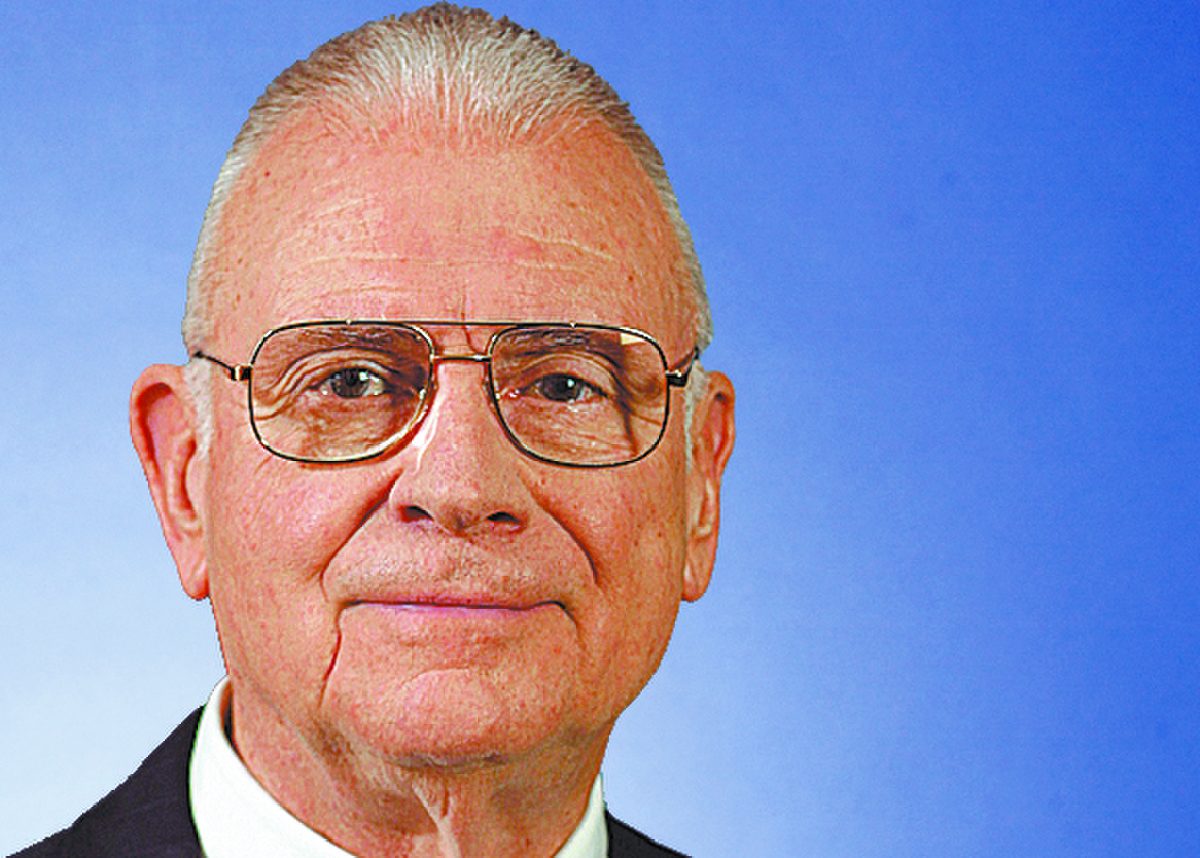
Democracy’s premise is that ordinary citizens can make solid decisions on complex issues. But this basic principle and the structure of laws and practices erected over the centuries to safeguard it are being questioned as rarely before.
As the writer James Traub put it not long ago, “You’d have to go back more than a century, to the 15 years before World War I, to find another moment when so many leading thinkers … questioned democracy’s future.”
Certainly, there’s reason to worry. Because of the intensely polarized environment and the enormous amount of information, both true and false, that surrounds us, making discriminating judgments has become harder. Moreover, we have to be more alert than ever to demagogues and authoritarians, to those who degrade and diminish democracy, and to those who want to exclude our fellow citizens from participating.
Yet if we ask, with Lincoln, whether this nation “so conceived and so dedicated can long endure,” we don’t see a democracy in its death throes. Yes, it is under stress. But its strengths lie where they always have: in a population that embraces democratic values.
As voters we have to look for candidates and leaders committed to making the political institutions of democracy stronger:
A Congress that works
An independent judiciary
An executive branch that’s transparent and accountable
A noisy and robust free press
The rule of law
A sturdy civil society
And we need to practice democracy as individuals by getting involved and making ourselves heard. It’s no exaggeration to say the future of our country depends on citizens stepping forward.
But we also have to commit ourselves to democracy’s fundamental values. As others have noted, it is not just a political system and a set of rules. It’s also a culture — it’s the way we live: respect for the rule of law, fairness to all, tolerance of differences, equal political rights and equal opportunity.
Democracy’s gift is that we strengthen it by practicing it. Democracy may not solve all problems, and it often frustrates us, but it provides us with the best way humankind has found to search for remedy and solutions that benefit the many. Its future is an educated guess. None of us really knows what will happen. What we do know, however, is that the important question has nothing to do with whether we’re optimistic or pessimistic. It’s what do we have to do to strengthen it?
Lee Hamilton is a Senior Adviser for the Indiana University Center on Representative Government; a Distinguished Scholar at the IU Hamilton Lugar School of Global and International Studies; and a Professor of Practice at the IU O’Neill School of Public and Environmental Affairs. He was Democratic a member of the U.S. House of Representatives for 34 years.
